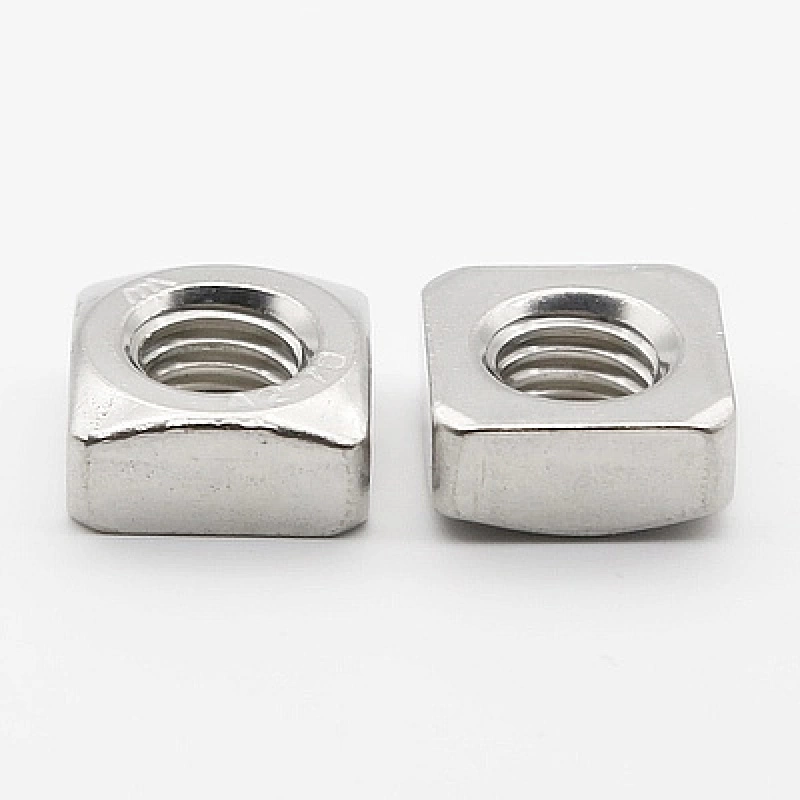

self drilling fasteners
Sep . 19, 2024 13:21 Back to list
self drilling fasteners
Self-Drilling Fasteners A Comprehensive Overview
Self-drilling fasteners, often referred to as self-tapping screws, have become indispensable in various construction and manufacturing applications. These specialized fasteners are designed to create their own holes in materials, streamlining the fastening process and enhancing efficiency. This article delves into the characteristics, benefits, applications, and considerations surrounding self-drilling fasteners.
Characteristics
Self-drilling fasteners typically feature a pointed end that eliminates the need for pre-drilling a pilot hole. This unique design allows the screw to penetrate the material directly, making it suitable for a wide range of substrates, including metal, wood, and plastic. The fasteners come in various sizes, diameters, and thread configurations, which provide adaptability for numerous tasks. They are often coated with materials such as zinc or paint to enhance corrosion resistance, ensuring durability in challenging environments.
Benefits
One of the primary advantages of self-drilling fasteners is their time-saving characteristics. Since they can drill and fasten in one step, construction and assembly processes become significantly faster, which can lead to reduced labor costs. Additionally, these fasteners provide a strong and reliable connection, particularly in applications where structural integrity is critical. The ability to use self-drilling fasteners in various materials further enhances their versatility, positioning them as a preferred choice in many industries.
Another notable benefit is the reduced risk of damage to the materials being fastened. Traditional methods often require extra steps and tools, increasing the chances of misalignment or compromising the integrity of the material. Self-drilling fasteners mitigate these risks by simplifying the installation process.
self drilling fasteners

Applications
Self-drilling fasteners are widely used in a range of applications, from construction to automotive manufacturing. In the construction industry, they are frequently employed for attaching metal roofing and siding, as well as in the assembly of steel structures. The automotive sector also finds them invaluable for assembling components where precision and strength are crucial.
In addition, self-drilling fasteners are popular in the furniture industry, where they provide strong joints while maintaining the aesthetic appeal of the finished product. Their ability to join dissimilar materials makes them a go-to solution for various assembly tasks.
Considerations
While self-drilling fasteners offer numerous advantages, there are some considerations to keep in mind. The selection of the appropriate fastener type and size is essential for ensuring optimal performance. Over-tightening or using a fastener in an unsuitable material can lead to failure or damage. It is also vital to consider the environmental conditions of the installation site, as extreme temperatures or humidity can affect the integrity of the fastener.
In conclusion, self-drilling fasteners represent a significant advancement in fastening technology, offering a range of benefits that cater to diverse applications. Their efficiency, versatility, and reliability make them an essential tool in the arsenal of builders, manufacturers, and DIY enthusiasts alike. As technology continues to evolve, it's likely that self-drilling fasteners will remain at the forefront of innovative fastening solutions, shaping the future of construction and manufacturing practices.
Latest news
-
High-Strength Hot Dip Galvanized Bolts - Hebei Longze | Corrosion Resistance, Customization
NewsJul.30,2025
-
Hot Dip Galvanized Bolts-Hebei Longze|Corrosion Resistance&High Strength
NewsJul.30,2025
-
High-Strength Hot-Dip Galvanized Bolts-Hebei Longze|Corrosion Resistance&High Strength
NewsJul.30,2025
-
Hot Dip Galvanized Bolts-Hebei Longze|Corrosion Resistance&High Strength
NewsJul.30,2025
-
Hot Dip Galvanized Bolts - Hebei Longze | Corrosion Resistance, High Strength
NewsJul.30,2025
-
High-Strength Hot Dip Galvanized Bolts-Hebei Longze|Corrosion Resistance, Grade 8.8
NewsJul.30,2025

